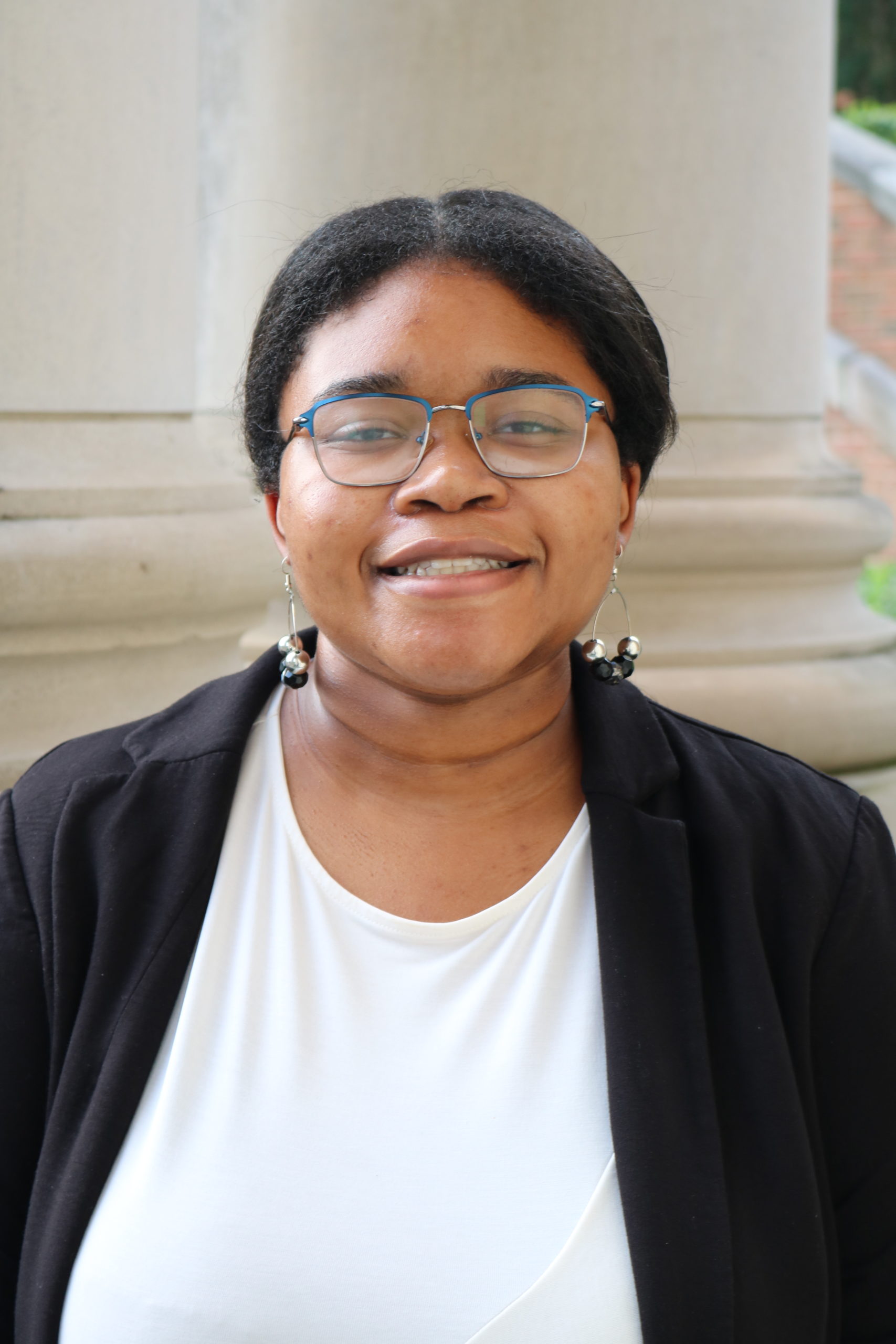Exploring feminist theology and biblical interpretation
According to Theologian Regina M. Bechtle’s article, “Theological Trends: Feminist Approaches to Theology, I,” the term “Feminist” describes a critical stance which affirms women as full human persons equal to men, and which denounces, while working to transform, those concepts, relationships, and structures which perpetuate the domination of men over women.
To further explore the idea of feminism, The Samford Crimson created a survey that was distributed amongst students, staff and faculty. The following is what was said about feminism according to the survey responses.
“Equal rights for women, being a voice for the voiceless,” sophomore Exercise Science major Addison Burchfiel said in describing the term.
While Burchfiel believes that the idea of feminism means that women should have equal rights, Professor and Sociology Program Director Theresa Davidson discussed how feminism means celebrating the perspectives of women of color.
“Feminism means we interrogate and challenge the systems and structures that perpetuate inequality between women and me,” Davidson said. “It also means that we stand in solidarity with LGBTQ persons and elevate and celebrate the perspectives of Black, Native, Asian, Latina, and all women who occupy spaces of marginality.”
Senior Theatre for Youth major Darian White added that feminism can also mean uplighting all women by advocating for their equality.
“Feminism to me is just wanting equality across the board for all women. Not taking anything from anyone, but just uplifting women to the same platform,” White said.
The topic of feminism is also prevalent in the field of theology, specifically in work by Bechtle, American feminist scholar and Catholic theologian Rosemary Radford Ruether, and that of Executive Editor for Biblical Studies at Westminster John Knox Press, Jon L. Berquist. These writers represent a few examples of various authors who analyze feminist theology and biblical interpretation.
When it comes to feminist theology, it is difficult to learn because there is little to no early religious texts written by women.
According to Associate Professor of Biblical and Religious Studies, Dr. Lisa J. Battaglia, to the best of her knowledge, there is only one canonical text in world religions that is attributed to the authorship of women and that is the “Therigatha,” a collection of poems written by the earliest Buddhist nuns.
Furthermore, as stated in Bechtle’s article, feminist theologians desire to find early religious texts that portray women’s experience with God and their accounts.
While there may be few examples of early religious texts written by women, according to Ruether, feminist theology seeks to promote the voices of women.
In her book, “Sexism and God Talk: Toward a Feminist Theology,” Reuther argues that “The critical principal of feminist theology is the promotion of the full humanity of women. Whatever denies, diminishes, or distorts the full humanity of women is, therefore, appraised as not redemptive.”
To better understand feminist theology, it’s important to also note the concept of feminist biblical interpretation.
One way to understand feminist biblical interpretation is through Berquist’s book, “Reclaiming Her Story: The Witness of Women in the Old Testament .” Specifically, in chapter 3, Berquist focuses on chapters 2-3 in Genesis and elaborates how “feminist interpretations of biblical stories often begin with the focus on the woman or women in the story.”
Moreover, feminist biblical interpretation seeks to create a new narrative for the particular woman or women in the biblical story by analyzing the religious passage in a different light.
In Berquist’s article, a feminist biblical interpretation of Genesis 2-3 provides Eve with moral reasoning and independent judgment. She is also referenced as Adam’s equal companion, which follows the feminist principles of women being equal to men.
Feminist theology and biblical interpretation are two concepts that add a new perspective to the theological community. In these concepts, the stories of women are highlighted and religious texts are analyzed to understand the female perspective. Traditional interpretations of religious texts should be challenged and debated, especially if those interpretations seek to perpetuate the dominance of one group over another.
For a better understanding of feminist theology and biblical interpretation, refer to Berquist’s book, Ruether’s book, or Bechtle’s article.

Staff Writer




